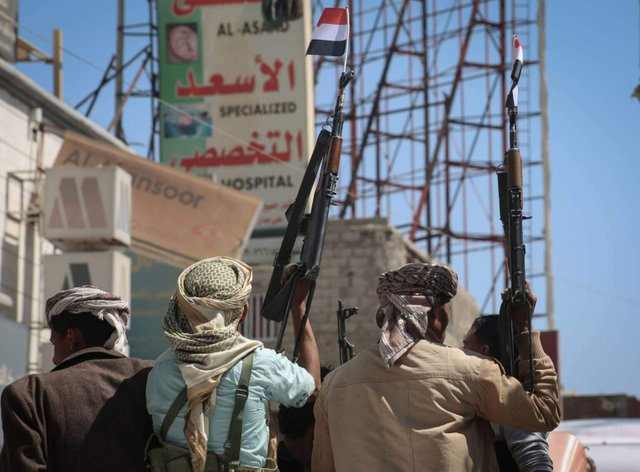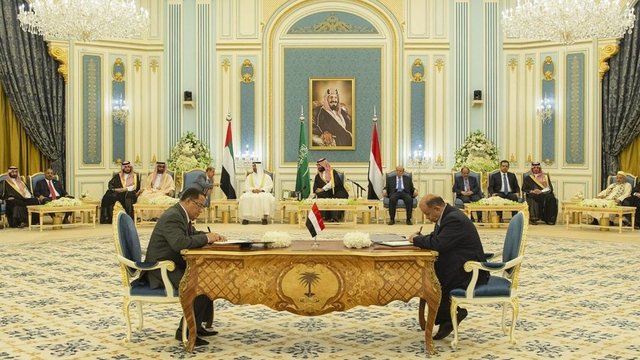Since April 2022, hostilities between Saudi Arabia and the Houthi rebels have ceased.
Yemen experienced astonishment upon the announcement. The Houthis and Muslim Brotherhood branch al-Islah voiced their displeasure right once, but Saudi authorities and other coalition members who were technically on the same side as the STC also expressed alarm over the bolstering of the southern parties. Saudi Arabia is concerned that it may lose its sway over factions in the Political Leadership Council (PLC), the executive arm of Yemen's internationally recognized government.
Saudi overreach derails Riyadh Agreement.
The success of the STC-led dialogue among southern factions has undoubtedly raised fears of southern secessionist ambitions. Fears among Yemeni parties have grown since the signing of the Riyadh Agreement, which legitimized the STC, in November 2019. Now, nearly four years since the agreement and a year and a half after the establishment of the PLC, all efforts to stabilize the liberated areas and unite the Houthi’s rivals have failed.
 The STC has gained tremendous momentum since former president Hadi replaced the al-Islah-affiliated governor of Shabwah with an ally of the STC in December 2021.
The STC has gained tremendous momentum since former president Hadi replaced the al-Islah-affiliated governor of Shabwah with an ally of the STC in December 2021.